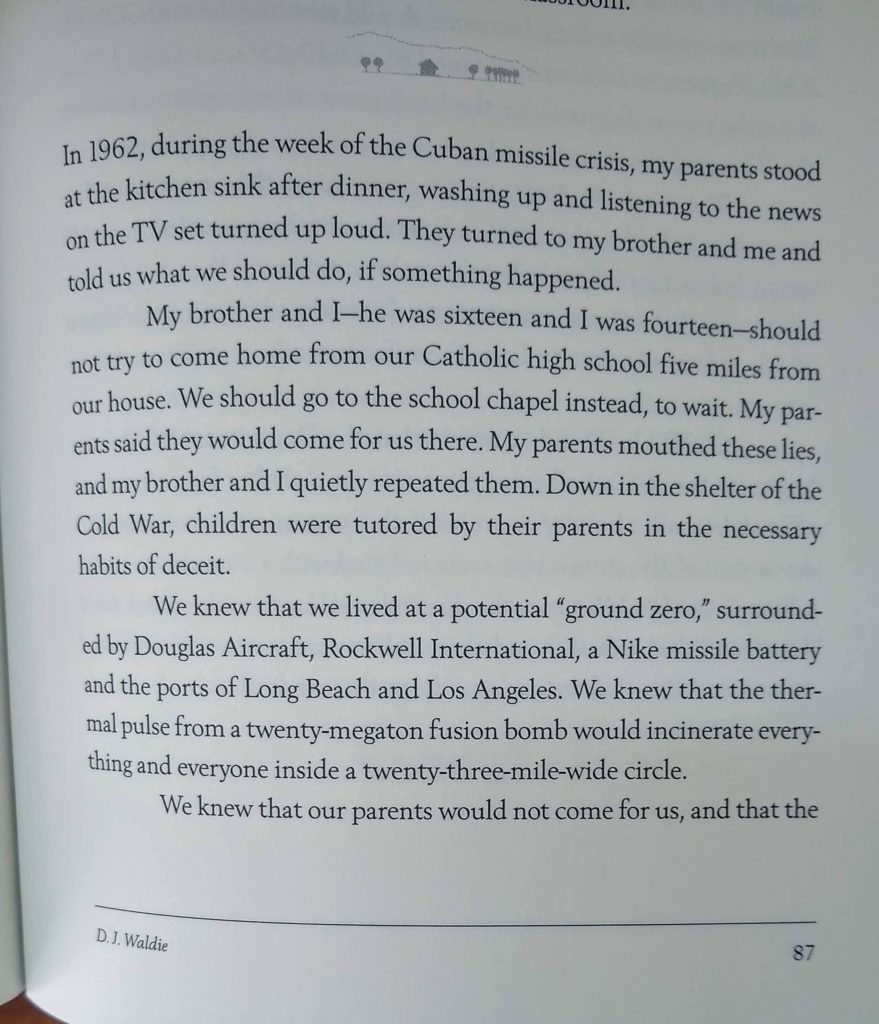

He asks, what do we talk about when we talk about Los Angeles today? In a global, cosmopolitan city, is there value in cultivating a local imagination? And he wonders how to describe a city that is denser and more polarized and challenged by climate change, homelessness, and economic disparity. He maps on the contours of Los Angeles what embracing-or rejecting-an Angeleno identity has come to mean.īecoming Los Angeles draws on a decade of Waldie’s writing about the intersection of the city’s history and its aspirations. He measures the place of nature in the city and the different ways that nature has been defined. He encounters the immigrants and exiles, the dreamers and con artists, the celebrated and forgotten who became Los Angeles. In his exploration of sprawling Los Angeles, he considers how the city’s image was constructed and how it fostered willful amnesia about the city’s conflicted past. It’s through sacred ordinariness that Waldie experiences the city’s seasons. Waldie’s particular concern is commonplace Los Angeles, whose rhythms of daily life are set against the gaudy backdrop of historical myth and Hollywood illusion. Waldie reconsiders the city in a collection of contemporary essays.īecoming Los Angeles, a new collection by the author of the acclaimed memoir Holy Land, blends history, memory, and critical analysis to illuminate how Angelenos have seen themselves and their city. Bestselling author and beloved chronicler of Los Angeles D.J.


 0 kommentar(er)
0 kommentar(er)
